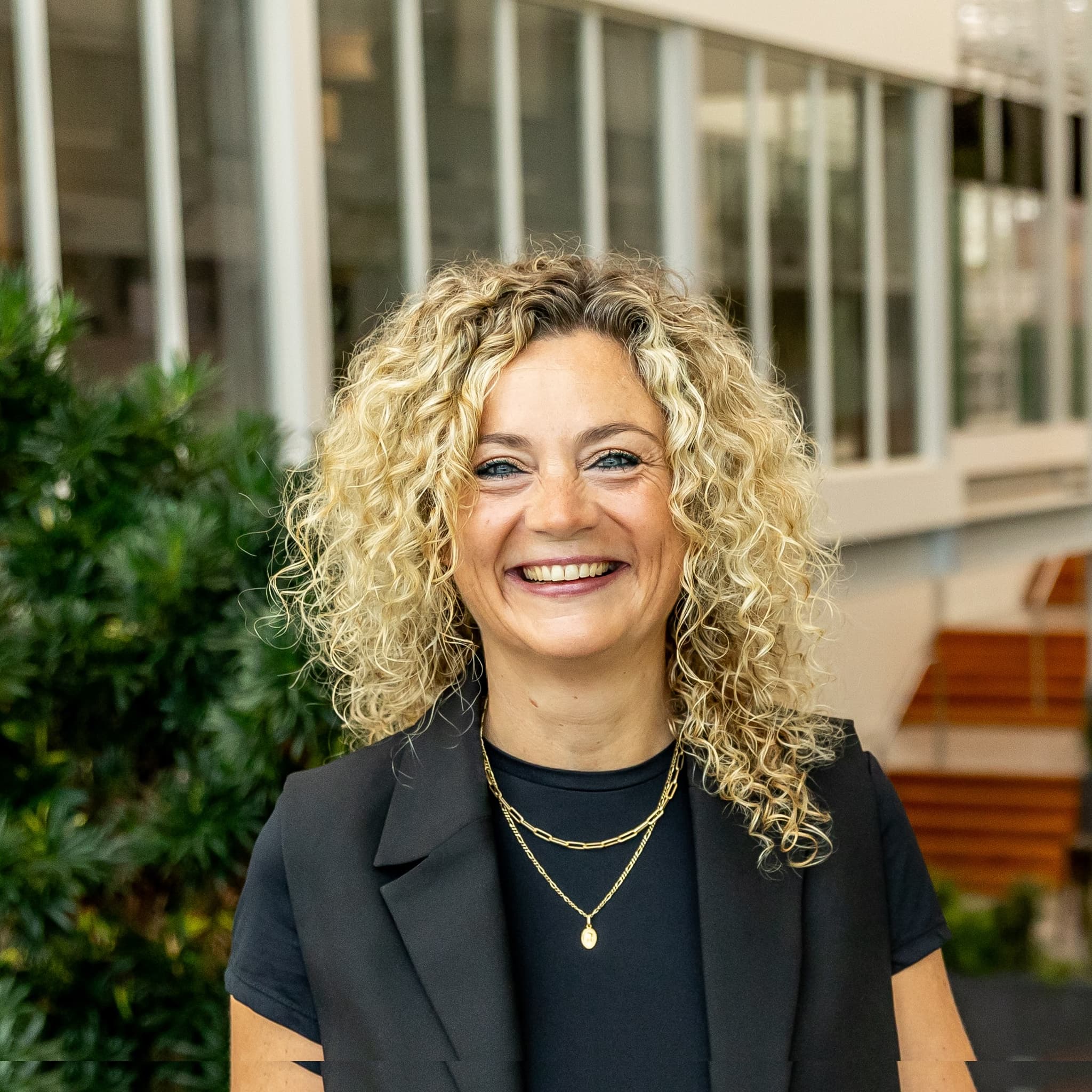Do we give each other leads and utilize everyone's strengths?
This question will determine the future of horticulture, Puck van Holsteijn argues in her column.
Published on March 29, 2025

Puck is the director of the World Horti Center and HortiHeroes. She has an in-depth knowledge of horticulture, knows how to tell complex subjects in an accessible and concrete way, and hopes her columns will reach precisely people outside the sector.
South Holland is the most densely populated province in the Netherlands and the cradle of the horticultural sector. We have been pioneering greenhouse horticulture here since the 19th century, making the region a world-leading testing ground. But despite this success, the 'outside world' threatens to squeeze the sector. No matter how hard we work on solutions for energy, labor, and water management challenges, we will continue to talk instead of innovate without genuine cooperation and knowledge sharing.
Innovation or isolation?
The Westland region in the province of South Holland is known worldwide as the heart of the horticultural sector and offers countless opportunities for innovation. This is partly due to the pooling of knowledge at campuses such as the World Horti Center in Naaldwijk and the HortiScience Innovation Center in Bleiswijk. These collaboration hubs, where companies, research institutes, knowledge institutes, and governments meet, can form the basis for the horticulture of the future.
Yet, in practice, many organizations innovate mainly within their walls and put their interests first. And honestly, I understand that. Significant innovations are a company's competitive advantage – you don't just give them away.
However, the major transitions facing the sector require joint solutions. We cannot develop these individually. That is why we must consciously 'utilize' each other's knowledge and expertise. In particular, the 'peripheral companies and individuals'—which I include myself among—must take the lead in this. By working together and focusing our efforts on the growth of the entire cluster, we can avoid constantly reinventing the wheel and losing our effectiveness.
Do we dare to work together?
Fortunately, some initiatives show that things can be done differently. A good example is the experimental location Greenhouse for the Future – the physical place in the Netherlands where companies, researchers, knowledge institutes, and governments soon will work together programmatically and pre-competitively on groundbreaking innovations for the horticultural sector. We are working hard to make technology, genetics, nutrition, energy, water, plants, and labor come together to develop system innovations that strengthen the earning capacity of growers and other players in the chain. At the same time, this initiative reinforces the position of the Netherlands as a global showcase for horticulture.
So, to answer the question directly, yes, I think we really dare to work together. And as far as I'm concerned, that is the sector's greatest innovation. Two campuses are joining forces, multiple incubators are seeking collaboration, and various research institutions are getting on board. This accelerates excellent ideas and offers young entrepreneurs room to grow.
The implementation remains exciting. How do we ensure that the Greenhouse for the Future does not become a copy of existing initiatives but a valuable addition? Does the concept work as we envision it? Success depends on our willingness to step out of our shadows and work together.
Collaboration is the key to success
The future of the horticultural sector lies in cooperation, not isolation. If we want to remain global leaders, we must ask ourselves: Do we give each other a head start, utilize each other's strengths, and strengthen each other? This applies to the major players and students and start-ups—the sector's new generation. They need an ecosystem in which knowledge sharing and cooperation are the norm.
I believe that this is how we will take a big step forward. Do you think that too?